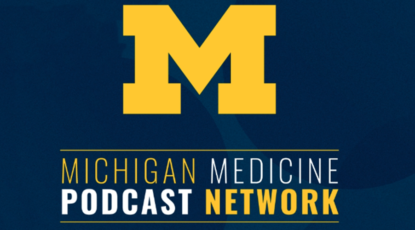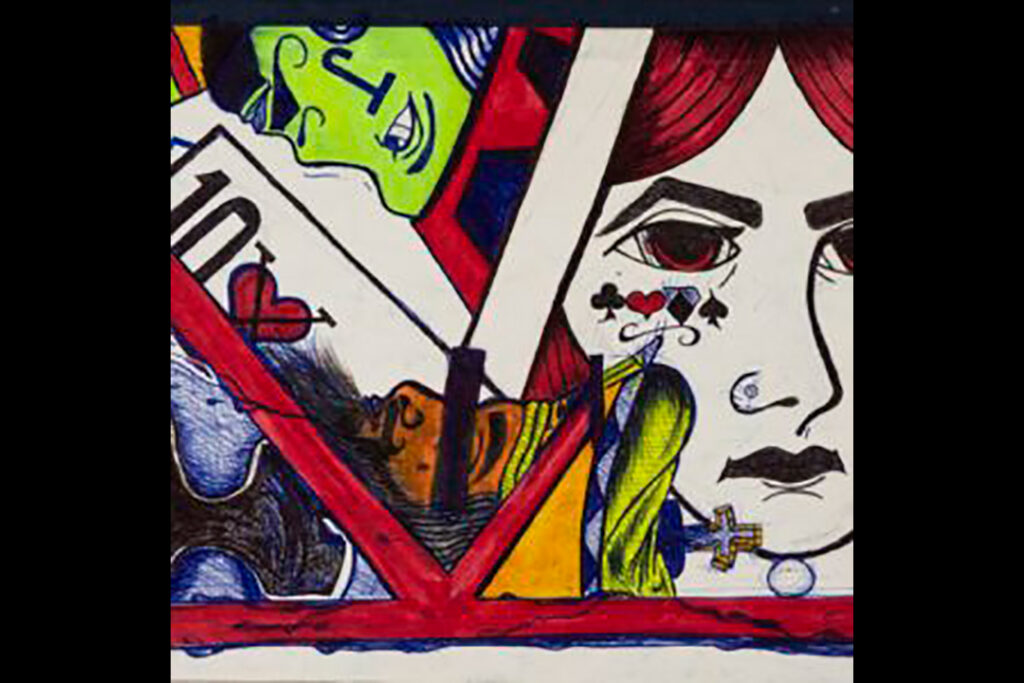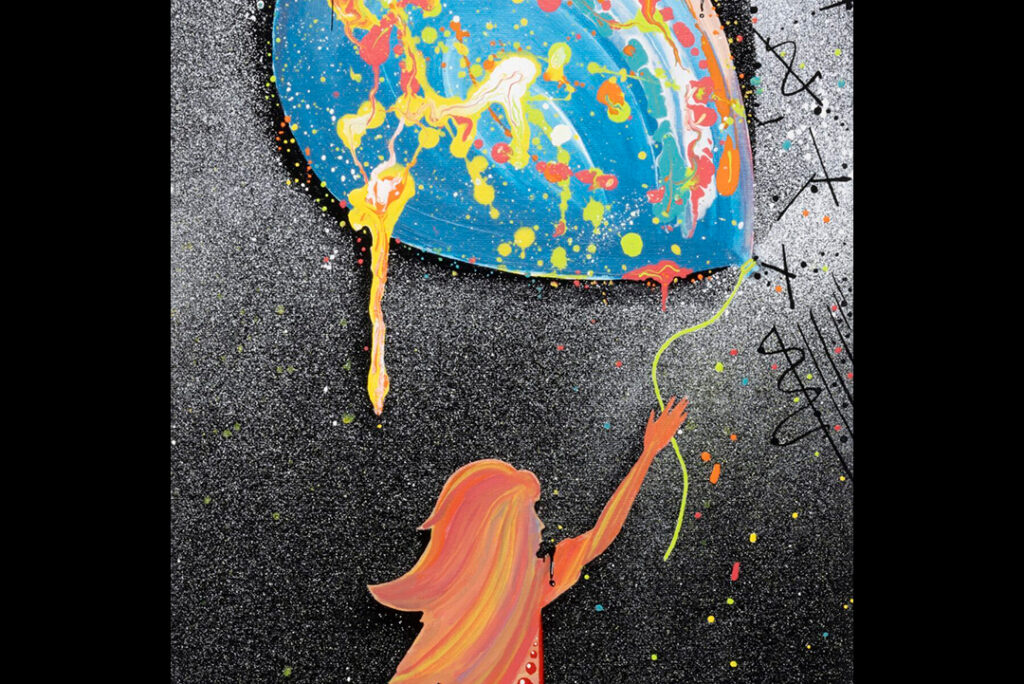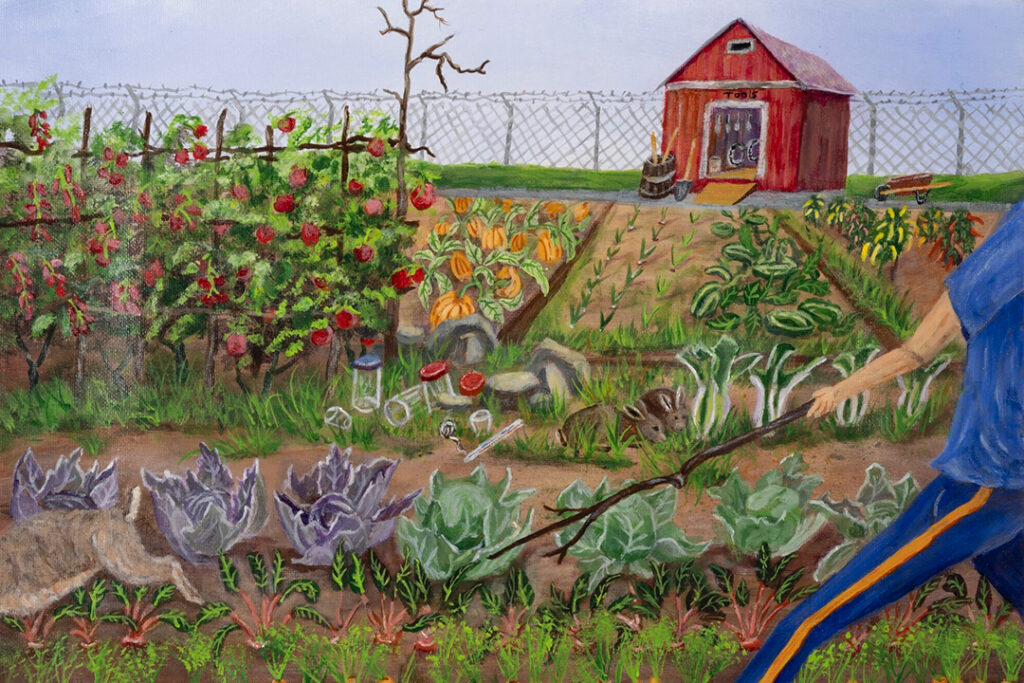Filling a gap: U-M students help combat Michigan’s shortage of rural dentists

Northern Michigan resident Becky Klein was surprised to learn that the dentists at the Thunder Bay Community Health Service clinic were students from the U-M School of Dentistry. They turned out to be just as competent and professional as seasoned practitioners, she said, and excellent communicators.
-
‘On a scale of 1 to 5, are you….’
How do people feel about the president? The new laundry detergent? The state of the world? Prior to the Likert Scale and the founding of U-M’s Institute for Social Research, it was difficult to say. ISR’s legacy lives in every massive sample survey since Truman beat Dewey in 1948.
-
Look to Michigan: The ‘defining public university of the future’
U-M’s blueprint for the next decade — Vision 2034 — leverages the community’s excellence at scale to confront the future’s most significant challenges, from AI and precision medicine to campus well-being and carbon neutrality.
-
Volunteers needed for study: Learn how exposure to ‘forever chemicals’ impacts cancer risk
U-M investigators need your help to understand statewide environmental exposures and cancer risk. Researchers hope to recruit 100,000 Michiganders ages 18-49 from diverse racial and ethnic backgrounds, with a focus on residents in Metro Detroit, Flint, Grand Rapids, Kalamazoo, Lansing, and Saginaw.
-
Chemicals stored in home garages linked to ALS risk
Over the last decade, researchers at U-M have found exposure to environmental toxins — from pesticides used in agriculture to volatile organic compounds in the manufacturing industry — is linked to the development of amyotrophic lateral sclerosis, or ALS. The buildup of exposures is possibly associated with recreational activities such as woodworking and gardening.
-
Too much screen time? U-M pioneers digital wellness program for youths
Addiction, cyberbullying, eating disorders, anxiety, and other mental health issues caused by problematic digital practices and an increase in screen time are some of the themes of a new and unique U-M interprofessional Peer-to-Peer Digital Wellness class.
-
How trauma gets ‘under the skin’
U-M researchers have found that people who experienced greater childhood adversity, reporting one or more traumatic or adverse events, had poorer muscle metabolism later in life. The researchers say the effects of childhood adverse events remained significant even after they controlled for other factors that could potentially impact muscle function such as age, gender, educational attainment, and more.
Columns
-
President's Message
Reaffirming our focus on student access and opportunity
U-M seeks to ensure every student will rise, achieve, and fulfill their dreams. -
Editor's Blog
Peace out
It's a mad, mad, mad, mad world out there. -
Climate Blue
Keeping our focus on climate
As federal support for climate science wanes, Ricky Rood remains hopeful. -
Health Yourself
Are you an ‘ager’ or a ‘youther’?
Why do some people appear younger or older than people born in the same year?
Listen & Subscribe
-

MGo Blue podcasts
Explore the Michigan Athletics series "In the Trenches," "On the Block," and "Conqu'ring Heroes." -

Michigan Ross Podcasts
Check out the series "Business and Society," "Business Beyond Usual," "Working for the Weekend," and "Down to Business." -

Michigan Medicine Podcasts
Hear audio series, news, and stories about the future of health care.
In the news
Creativity and connection across prison walls
One of the world’s largest and longest-running exhibitions of incarcerated artists is back with new programming designed to foster connection and deepen public understanding of incarceration in Michigan. The 29th annual Exhibition of Artists in Michigan Prisons, curated by U-M’s Prison Creative Arts Project, showcases 772 artworks by 538 artists incarcerated in 26 state prisons. The Duderstadt Center Gallery on U-M’s North Campus is presenting the artwork through April 1.





















